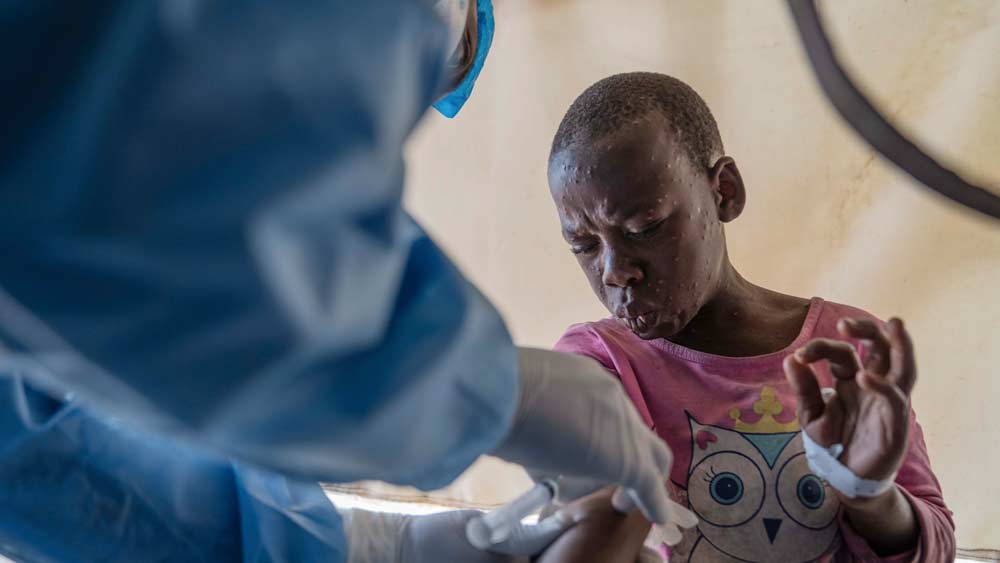February 7, 2008
Obama Takes Illinois
Michael Wood READ TIME: 3 MIN.
On Feb. 5-also known as Super Tuesday because more than 20 states held primaries or caucuses-Obama was projected to defeat rival Sen. Hillary Clinton by an almost two-to-one margin. With 95 percent of Illinois precincts reported, Obama was declared the winner, outdistancing Clinton 65 percent to 33 percent.
"Barack is winning the hearts of America," the Rev. Jesse Jackson told ABC-7 News.
In a rally in a downtown Chicago hotel, Obama told an overflow crowd, "Our time has come, our movement is real and change is coming to America."
Sen. John McCain won the Republican primary in Illinois. With 95 percent of Illinois precincts reporting, he had 47 percent of the vote, with former Gov. Mitt Romney in second with 29 percent.
However, all candidates are aware that the delegates matter more than which states are won-especially in the Democratic race. All the states participating in Super Tuesday's Democratic race allocate delegates proportionally; in the Republican contest, eight states-including Arizona, New York and Missouri-are winner-take-all. Obama is expected to win the vast majority of Illinois delegates.
Despite convincing wins in Illinois, results were not uniform across the nation. ( In fact, Obama told ABC-7 that there "will probably be a split decision." ) On the Democratic side, Clinton was projected to win Tennessee, New York ( the state she represents ) , Arkansas and Oklahoma; besides Illinois, Obama had wrapped up Georgia, Alabama and Delaware. On the Republican front, McCain, Romney and Gov. Mike Huckabee each won states-McCain was projected to win New York and New Jersey ( among others ) ; Romney had Utah and Massachusetts; and Huckabee had taken Arkansas and West Virginia.
In a Feb. 5 conference call held at 9 p.m., Mark Penn, chief strategist of Clinton's campaign, and Guy Cecil, Clinton's political and field director, described the incoming national results for her as "encouraging." Penn said that "there have been twists and turns, but ... we're [ doing well in ] the northeast states and in a number of red states." Penn also talked briefly about how Clinton's economic and healthcare plans differ from Obama's, including how Clinton intends to freeze foreclosures and interest rates. Cecil added that "it is important in having successes in states, and congressional district by congressional district."
For the Democrats, 1,681 delegates were at stake in 16 primaries and seven caucuses; 2,025 are needed for nomination. The Republicans had 1,020 delegates at stake in 15 primaries and six caucuses; 1,191 are needed for nomination.
On the Democratic front, here are the national results as of 12 a.m., Feb. 6:
-Alabama: 99 percent reporting-Obama: 56 percent; Clinton: 42 percent
-Alaska: 95 percent reporting-Obama: 74 percent; Clinton: 26 percent
-Arizona: 72 percent reporting-Clinton: 50 percent; Obama: 42 percent
-Arkansas: 85 percent reporting-Clinton: 69 percent; Obama: 28 percent
-California: 23 percent reporting-Clinton: 54 percent; Clinton: 34 percent
-Colorado: 98 percent reporting-Obama: 67 percent; Clinton: 32 percent
-Connecticut: 99 percent reporting-Obama: 51 percent; Clinton: 47 percent
-Delaware: 100 percent reporting-Obama: 53 percent; Clinton: 43 percent
-Georgia: 98 percent reporting-Obama: 67 percent; Clinton: 31 percent
-Idaho: 98 percent reporting-Obama: 80 percent; Clinton: 17 percent
-Kansas: 100 percent reporting-Obama: 74 percent; Clinton: 26 percent
-Massachusetts: 95 percent reporting-Clinton: 56 percent; Obama: 41 percent
-Minnesota: 78 percent reporting-Obama: 67 percent; Clinton: 32 percent
-Missouri: 99 percent reporting-Obama: 49 percent; Clinton: 48 percent
-New Jersey: 98 percent reporting-Clinton: 54 percent; Obama: 44 percent
-New Mexico: 28 percent reporting-Clinton: 51 percent; Obama: 40 percent
Michael Wood is a contributor and Editorial Assistant for EDGE Publications.







